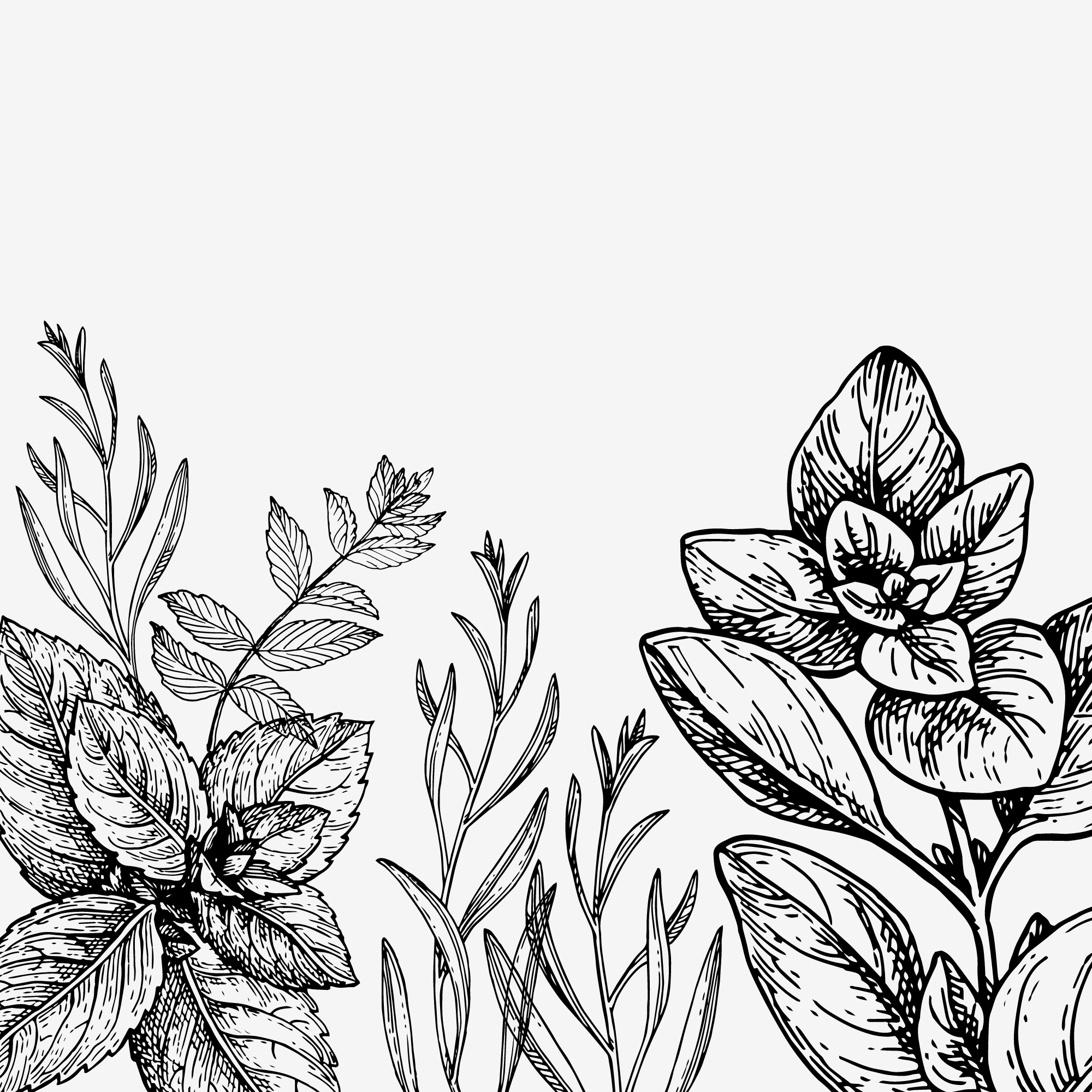I haven’t written a blog post for a while. There are a lot of reasons for that!
And one of them is depression.
Depression can and does look different for every person. In this post, I’m going to write about specifically my experience, which means you may or may not relate. Someone you love who also deals with depression may or may not feel a similar way. But if you’d like to share, I’d love to hear about your experience and how it’s similar or different from mine in the comments.

I was diagnosed with severe depression and anxiety about four years ago and now-a-days, I’m proud to say that I have a pretty good handle on it. I’ve also been in talk therapy sporadically since college and regularly for the past three years, had the opportunity to figure out what medication works best for me, and have had the time to learn a lot about my particular brand of depression.
The fact of the matter is that those things aren’t available to everyone. Talk therapy can be expensive (here are some inexpensive/free options), medication can be too (here are some natural treatments (always consult a doctor first)), and the most challenging part: it’s really, really, really hard to make ourselves a priority over other things in our lives. Not only do other people occasionally not understand but I know for me, I give myself a hard time about it on the regular. It’s not easy and I don’t have it figured out.
I don’t want to feed anyone rainbows so that *lofty, pretentious voice* you too, can poop skittles. No. But! I have found, in the midst of my own depression, some ways to find a moment of peace. And in this moment, when some folks have some time on their hands, I felt moved to share.

I’ve learned that, for me, depression and anxiety are all sorts of tangled up. In fact, while they are separate things, they are often connected in some way. External factors, like anxiety, can have a big impact on the way I function with depression in my day to day life.
Something I’ve worked hard on over the past couple years is coming to an understanding with myself that depression is a part of me. That some days are good and some days are bad but I can always love myself and give myself grace even in the midst of a hard time. I understand that I will eventually emerge from the depths as a butterfly. Or sometimes, I’ll emerge more like the goo phase between the caterpillar and the butterfly… but I will emerge. Just like I have every time before. It might be short lived or more long term, but either way, I try to take full advantage of moments where I can find and hold onto gratitude. I know. Eye roll material. But also, sometimes when I emerge as the goo, I’m not up to or have the patience for trying to remold myself. Which can lead to me falling right back into another cycle. But now, at least I know I’ll emerge from that one too.
Actually, that little line hidden in the middle of the previous paragraph might be one of the most important discoveries for me: “Just like I have every time before.” There’s something about recognizing my surroundings when I’m in them: I’ve been here before, I know this feeling. I realized I could, slow and steady, start figuring out how to make changes. And! Some changes have worked and some most certainly did not. Like eating all the ice cream and popcorn while watching movies all day and napping excessively… for me, that only helps like… 10% of the time (for real though, it shouldn’t be ruled out completely). And full disclosure, when it does help, it’s usually in a temporary, superficial kind of way.

I still find it important to first and foremost, throw myself a little mental back-to-this-familiar-shitty-place-welcome-home pity party and really acknowledge that I’m there. Sometimes that can take a couple minutes or it can take a full day. Both of which are okay. But I try to keep it to a day. Then, I go into recon mode (… reconnect mode… making up phrases and mantras: my forte). I like doing this while I drink a cup of coffee. Because, well, coffee.
I check in with all my senses and get specific about it. What am I hearing? The low hum of my computer fan. What am I smelling? Fresh brewed coffee beans. What am I seeing? My favorite pictures on the wall, cast in the yellow hue of my desk lamp. What am I touching? My hands are holding a warm coffee cup and my feet are on a soft carpet (I mush in my toes). What am I tasting? Rich bold coffee with a splash of non-dairy creamer. I settle into that moment for a minute.
Once I’m grounded, I check in with my body. I have the most struggles with anxiety and stress in my stomach (nausea), neck (pain) and shoulders (tension) so I check on those first. I’ll also see if I have any other pains or weird feelings elsewhere. Once I note everything that’s going on (and they’re all things I’ve already talked to a medical professional about), I try to figure out why those things are bothering me.
If I have a stomach ache: did I eat something I don’t usually eat? Did I drink too much coffee? Did I take a new medication? If it’s nothing external, I think internal. Is it general anxiety? Is there a specific stressor? Is there more than one stressor? Which is most important? Which is having the greatest effect on me? Once I have those things figured out, which again can take a few minutes, a few hours or a full day, I try to deal with the most important stressor first.
A couple examples:
1. If the stressor is a big meeting at work, I ask myself why I’m anxious about it. Am I prepared? If yes, I think about what else it could be. If no, I’ll then decide on some course of action. I’ll think about how much time I have left and decide if scrambling will actually help me feel better or if I will instead confess that I am not prepared, see if the meeting can be rescheduled, deal with the repercussions and know that next time, I’ll start making the presentation a week in advance instead of two hours beforehand. Either way, I’m making a choice. I’m always making a choice even if I do nothing. But bonus, if I own it, doing nothing actually does become an action.

2. If the stressor is that I’m not getting enough sleep, I’ll go to bed earlier. Easier said than done. So if that doesn’t work and I just can’t fall asleep, I’ll try to figure out one thing, just one thing, I can try that would make going to bed easier, like sleep podcasts. And try it out for a week. If the sleep podcast doesn’t work, then maybe I’ll try a noise machine or noise app. Try it out. If not, maybe a new playlist. Or! Maybe meditating! (More on meditating later.)
But who has time for all this thinking!? That’s the thing. We think all the time and I don’t know about you but my thoughts tend to veer in the direction of “unhelpful” fairly often. These productive thoughts can take place while drinking your morning coffee and packing your lunch for work, or while you’re on the bike at the gym, or on your commute, or on a bathroom break, or on your lunch break, or while you’re making dinner. It was awesome to realize that I didn’t have to change my whole life immediately to start being a little more mindful. And when I actively work on whatever it is that’s bothering me but thinking it through (and effectively replacing lots of the negative thoughts I would have been having) even though I’ll still have some anxiety about it, the fact that I’m working on it eases the weight of the anxiety enough that sometimes, I can then climb out of depression.
Meditating is another really wonderful way to find peace. I’ve been consistently meditating for about a year now and have seen a real difference in my ability to handle my anxiety and depression. Some folks may find it a little woo-woo but there are a lot of different options, I swear! For example, this is one of my favorite songs for meditation and I like to incorporate the chakras, some stones and light some incense – which I know for a fact, some people find a little over the top. But Bob Roth’s book Strength in Stillness: The Power of Transcendental Meditation, takes a very laid back, practical approach to meditation.

Sometimes, like the situation we find ourselves in now, the major stressor might be something that we can’t change or have no control over. For me, that’s when things get extra tricky. I feel like my body goes into Hunger Games mode (I honestly don’t know why I call it that) and starts shutting down all non-essentials.
But that moment, in and of itself, is where a choice can be made. I can let myself shut down and lay on the couch all day (which is a valid option and sometimes what my body needs) or, I can turn the non-essentials back on. It’s a balancing act of figuring out how to take care of myself. And making a change when I pick something that doesn’t work. I can decide that even though I feel sucky right now, I can get out my paints and throw some on a random piece of cardboard I found in my garage, or I can get out some paper and cut out some freaking snowflakes (winter in *insert month*), if I own my house, I can find some crayons and color on the walls if I want! I’m an adult! I can also sit down at the damn computer and write a freaking blog post about depression.
The take away? Be creative! Research (see below) shows that repressed creativity has a lot to do with depression. And that even just a little creativity can have a huge impact on those struggling with depression. And this is SO CHEESE BALL but, from my personal experience, like literally right now, I feel a little better having written this blog post.

Here are some ideas for creative outlets: zendoodles and zentangles, an origami dinosaur, these projects, and I also suggest pinteresting or googling science projects for kids. Yes, creativity will often bring out your inner child. LEAN IN!
And here’s some more reading material on repressed creativity and depression: health central, psych central, and of course, I can’t forget Brene Brown. After all, her audiobook Rising Strong as a Spiritual Practice is why I first started thinking about the correlation between my own depression and creativity.
Disclaimer: I don’t think it will be surprising to anyone when I say that I am NOT a doctor. Or a nurse, therapist, psychologist, or psychiatrist. I have just had the opportunity to see various doctors, therapists and psychiatrists to learn how to assess my personal health needs. If you are experiencing physical or mental health issues and have not done so, please seek medical attention.
And for anyone that might need them:
Substance Abuse and Mental Health Services Administration National Helpline
1-800-662-HELP (4357)
National Suicide Prevention Lifeline
1-800-273-8255


